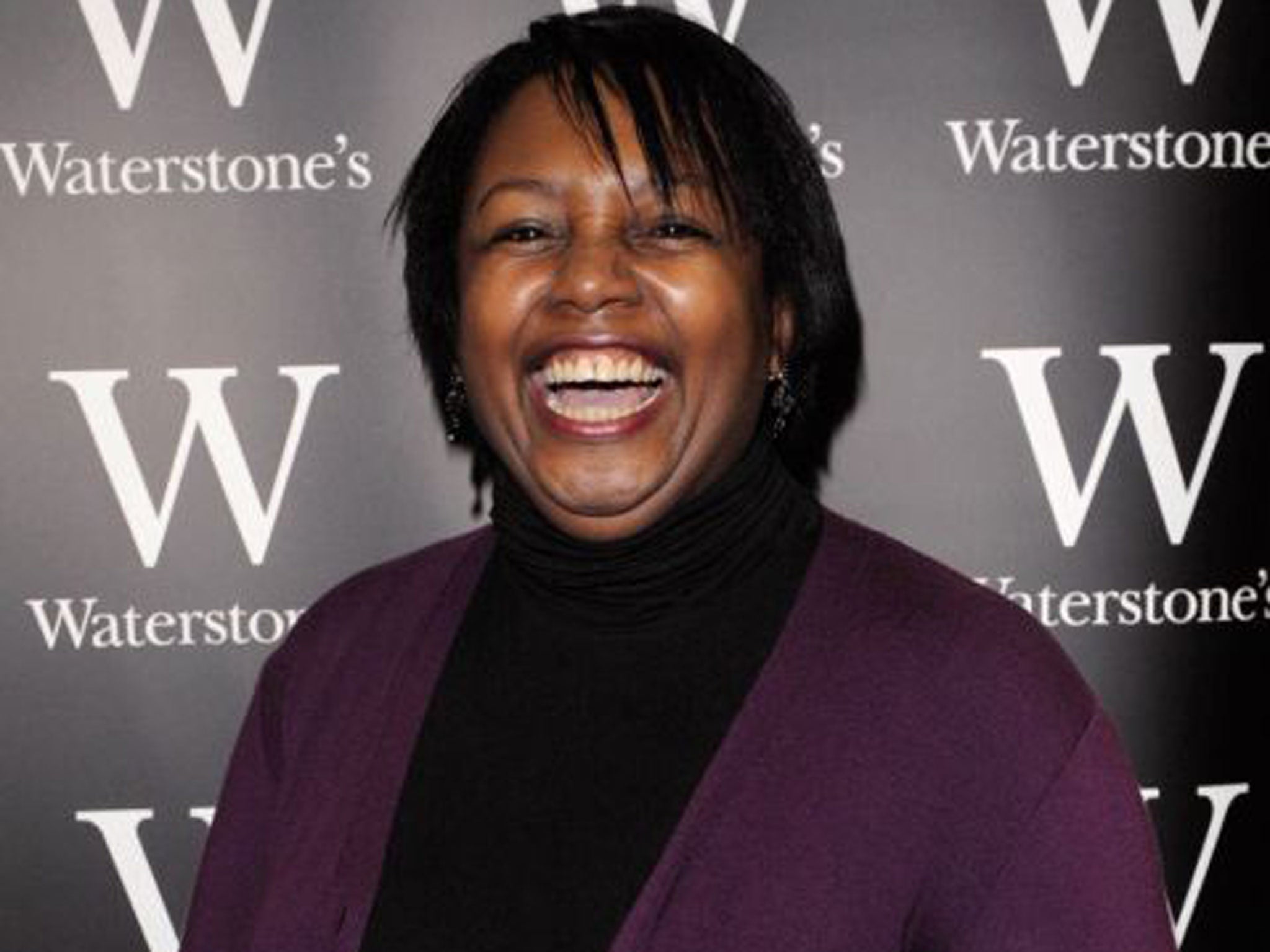Last week's service at Westminster Abbey in which Her Majesty the Queen celebrated the 60th anniversary of her coronation looked to have been designed with considerable care by the people who package royalty for public consumption. On the one hand there was tradition, the exaltation of various royal artefacts and the singing of the hymns originally used back in 1953. On the other, with the selection of a guard of honour representing citizens from "every walk of life", there was a hint of inclusiveness, and a suggestion that state occasions are not simply an excuse for elderly gentlemen with titles like First Lord of the Powder Closet to swan about in fancy dress.
The realisation that, in the natural course of things, it may not be very long before the prospect of another coronation looms across the horizon has led to the spilling of many a gallon of printer's ink. The Guardian, in particular, produced an exceptionally progressive leader, noting that the 1953 jamboree was built on the foundation stones of constitution, religion and empire, and maintaining that it would be a sound plan if the latter two could be straightaway dispensed with. There was also talk of how well the Dutch, whose queen recently abdicated in favour of her son in conditions of maximal informality, do these things.
All this seems to me fundamentally misguided. Informality – bicycling princesses and fish-and-chip suppers with your subjects – may very well do for the Dutch, but the evidence of the past century and a half suggests that the British like their royalty to be attended by a certain amount of mystique, even if that mystique is paper-thin. If the onlookers in the Mall want pomp and circumstance, and the pretence that King Charles III is a divinely appointed savant sent to annihilate the nation's enemies with his flaming sword, then why shouldn't they have them?
It is the same with those last tattered shreds of empire. The Queen may not be an imperial potentate, but she is still head of a Commonwealth whose members seem remarkably glad to have her there. A coronation ceremony that minimised these attachments would not only be constitutionally suspect; it would also be a public relations disaster. To adapt Disraeli's remark about the body politic as a whole, make monarchy cheap and you make it contemptible.
...
As the Secretary of State for Education opens the latest campaign to improve standards in the nation's schools with his new GCSE system, here is a little vignette of the divisions that currently prevail in our educational process. It is based on several hours' observation of last Wednesday's Norwich City Schools Athletics Championship. The highlight of this contest was the performance of athletes from the fee-paying and selective Norwich High School for Girls, who appeared to be trouncing the state-school competition whenever they strode onto the track.
As to the cause of this superiority, it lies, of course, in money. Immaculately turned out, hair judiciously swept back, brimful of poise and confidence, the High School girls have the air of thoroughbred racehorses, and wear the kind of complexions that can't be cultivated on a family income of less than £50,000 a year. On the other hand, it is not directly to do with money: in terms of resources, the school's sports facilities are inferior to those of the city comprehensives. The real explanation lies in desirable abstracts like team spirit, motivation, collective will, the certainty that the glittering prizes on offer can all be grabbed if you go about it in the right way.
What is Michael Gove supposed to do about this? To proclaim that the existence of the High School, with its spectacular A-level results, is an affront to social justice is simple spite. Much better, surely, to look at the things private schools do well – in particular that mass implantation of esprit de corps – and try to reproduce them. There are better ways of helping the great mass of humanity to a start in life than levelling down from the top.
...
The choice of Malorie Blackman, author of the Noughts and Crosses series, as the next Children's Laureate is an inspired appointment. I was a bit taken aback, on the other hand, by her suggestion that black children needed more black children to read about in the books offered to them – not because the existence of black children in children's books is a bad idea, but because this is not how literature works to bring off its effects.
Readers, of course, respond to books in a bewildering variety of ways. Sometimes they want writers who tell it like it is – the literary equivalent of Morrissey's complaint about pop songs that "say nothing to me about my life". More often though, they want material as far removed from their own experiences as it is possible to fabricate. I once attended a meeting of the Queen's English Society addressed by a black girl who said that she was fed up being directed to the "black writers" section in libraries and wanted to know what the white people were up to. The same note is struck by Alan Johnson's heartfelt autobiography, This Boy. Did the impoverished 11-year-old growing up in a west London slum want to read about west London slum-dwellers? No, he was fixated on Billy Bunter.


Join our commenting forum
Join thought-provoking conversations, follow other Independent readers and see their replies